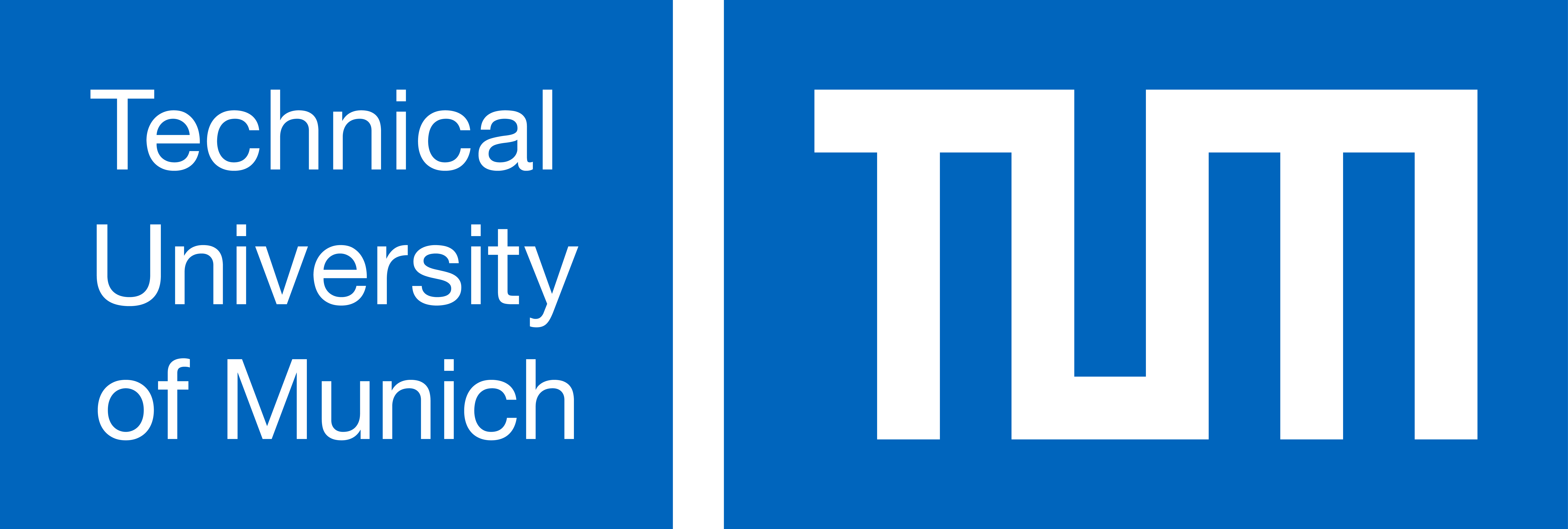About this course
Sustainable and digital transformation can be considered the core challenges of our time. While both are important issues on their own, we can observe a recent trend and growing voices at the political, economic and societal level to think sustainability and digitalization not side-by-side, but rather together (concept of "digitainability"; Gupta et al. 2020). This applies to cities as incubators for digital and sustainable innovations (e.g. smart city development or mobility concepts) as well as hotspots of sustainability problems (e.g. resource overuse) in a particular way. In light of the ongoing urbanization dynamic, how can we develop cities into incubators of digitally sustainable innovations (Bednarska-Olejniczak 2019, Bingöl 2021) in accordance with Sustainable Development Goal 11, without e.g. violating social or data protection standards?
Learning outcomes
At the end of the course, the learner will be able; to understand and to critically discuss key aspects linked to sustainable and digital transformations, particularly in the context of Sustainable Smart Cities; to put their knowledge into practice for their own (research) project, and to systematically plan and implement their own projects; to analyze how they can actively shape big transformations in their immidiate vicinity.
Examination
The exam consists of a pitch of the project they have developed in groups (45 min; counting 60 %), and a written summary of about 6-8 pages of it (another 40%). With their pitch, they show that they have acquired the ability to work together in an interdisciplinary team, to put their knowledge into practice, and to systematically plan, implement and present their own projects. In the written summary they demonstrate that they are able to reflect and analyze how they can actively shape big transformations in the context of cities.
Course requirements
This module is aimed at all students enrolled in a Master or PHD program at EuroTeQ universities; it is thus designed as an interdisciplinary venue which brings together a range of scientific perspectives. No specific prior knowledge is required; however, its project-based character requires high levels of intrinsic motivation and the willingness to actively participate in a project.
Resources
- Treude, M. (2021): Sustainable Smart City—Opening a Black Box. Bingöl, E. (2021): Citizen Participation in Smart Sustainable Cities.
Activities
Focussing on the topic "Sustainable Smart Cities", the course organized as a student challenge across participating EuroTeQ Universities, enables students to develop specific project ideas at the interface of sustainable and digital transformation on the city level. In doing so the course will promote engagement with sustainable development issues in conjunction with digital transformation in the home cities of the EuroTeQ universities. Student teams will develop specific project ideas how to promote sustainable digitization at their university town. Besides providing specific micro-credentials (theoretical and practical knowledge regarding sustainable & digital development on city level as well as project development, management, and entrepreneurship skills) for student participants, the course is helping to bring sustainability and digitalization to life as a leitmotif of the EuroTeQ development agenda. To facilitate students developing their project we will provide theoretical as well as practical knowledge regarding the latest scientific findings and trends on sustainability and digitalization at the city level. For this we can draw on extensive online materials and practical experience from the teaching and research project “Digital Sustainability Transformation by, with and of TUM” as well as the follow up project “Digitainability: Promoting responsibility & implementing innovations through project-based learning”.
Additional information
- More infoCoursepage on website of Technical University of Munich
- Contact a coordinator
- CreditsECTS 6
- Contact hours per week2
- InstructorsSimona-Mirela Iacentiuc, Stefan Wurster, Nadia Mohammed, Hedwig Schmid
- Mode of instructionHybrid
Offering(s)
Start date
23 April 2025
- Ends25 July 2025
- Term *Summer 2025
- Instruction language
Enrolment period closed
